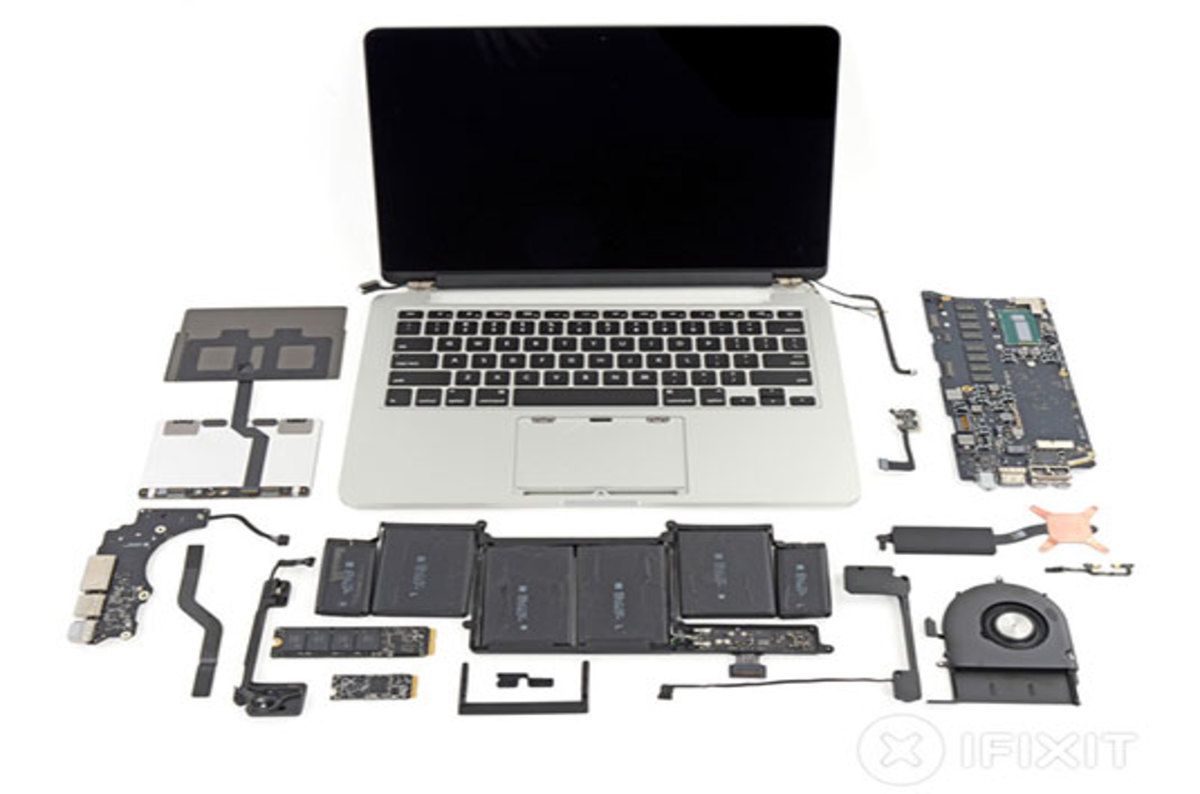
7 laptop battery questions and answers
When it comes to notebook battery, there are several myths and uncertainties that we hear about — sometimes we even pass the information on without knowing its real origin. In order to clarify these doubts and demystify this topic, we have developed a mini guide with succinct questions and answers.
“Is it recommended to use the notebook always plugged in? Or should I take it off whenever the charge reaches 100%? Do I have to wait for the battery to run out to provide a new charge? Is the notebook battery addicted?. Check out this post and understand a little more about this equipment so present in our daily lives!
-
Is it harmful to use the notebook always connected to the power supply?
There’s no problem with using it always plugged in. Current notebook batteries stop charging when the charge reaches 100% and power flows directly to the computer. That way, the battery stays charged and keeps your notebook safe in the. Are you looking Battery repair Dubai.
Case of power outages.
-
Is the notebook battery “addictive”?
Current batteries do not suffer from this problem! This was common in old Ni-CD batteries, which had the “memory effect” – known as a battery addict. Currently, lithium (Li) batteries are used and they do not have this effect.
The lifespan of lithium batteries is dictated, among other factors, by charge cycles. That’s why it’s important to avoid downloading it when you don’t need it. Thus, its useful life is extended.
-
Is it okay to remove the notebook battery?
Well, if you intend to stay a long time without using it, it is recommended that you remove your battery with a charge close to 40%. When the battery is out of the notebook, it still loses charge naturally and you will see later on that if your battery runs out completely, it runs the risk of not even charging again!
If your notebook is getting very hot, it is also recommended to remove the battery until it cools down. Extreme temperatures significantly reduce battery life.
Read also: Macbook Repair Dubai,Fix Your MacBook Quickly with QuickFix
-
Is it okay to fully discharge the battery before supplying a new charge?
It is not recommended to let the notebook fully discharge — that’s why that warning appears on the screen asking you to connect the source. But don’t worry if this happens, as the battery still stores a small amount of charge inside.
The big problem comes when the battery is discharged for a long time. This can cause it to completely lose its functionality.
-
Why doesn’t my notebook “hold” the charge?
This is a strong indication that your battery has reached the end of its useful life. Every battery has an expiration date — somewhere between 300 and 500 charge/discharge cycles. The time of its useful life varies according to the use of the notebook, but normally it is around two years. The best way to solve this problem is to replace the battery with a new one.
-
What is the correct way to dispose of the defective battery?
Electronic components should not be disposed of with household waste, as they contain elements with a high potential for toxicity. The manufacturer’s manual usually indicates a disposal site close to you.
If you no longer have the manual, you can consult the company’s website. In addition, many cities usually provide collection points for this type of waste.
-
Is it okay to use a “pirate” battery?
In order for a “pirate” (read parallel) battery to work in your notebook, it must meet the same technical specifications as the original. Compare the input and output values of voltage and electrical current and always look for quality, price and warranty.
Now that you understand a little more about notebook battery, how about making better use of your equipment (and even saving money)?
Follow us on Instagram and discover how to increase the performance of your devices!


